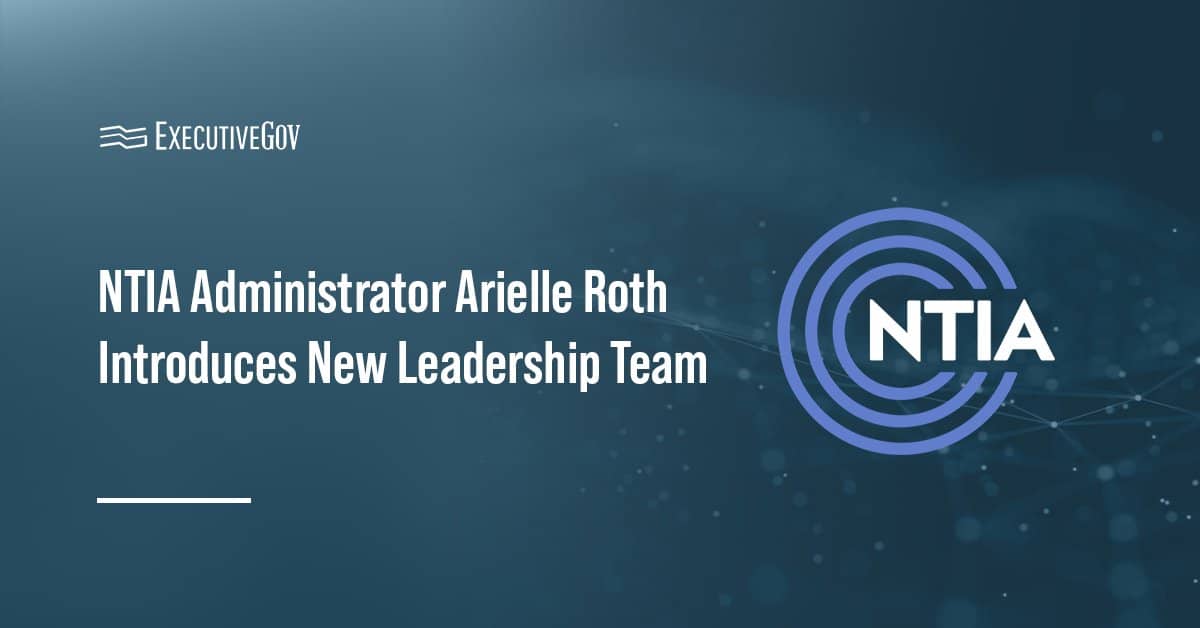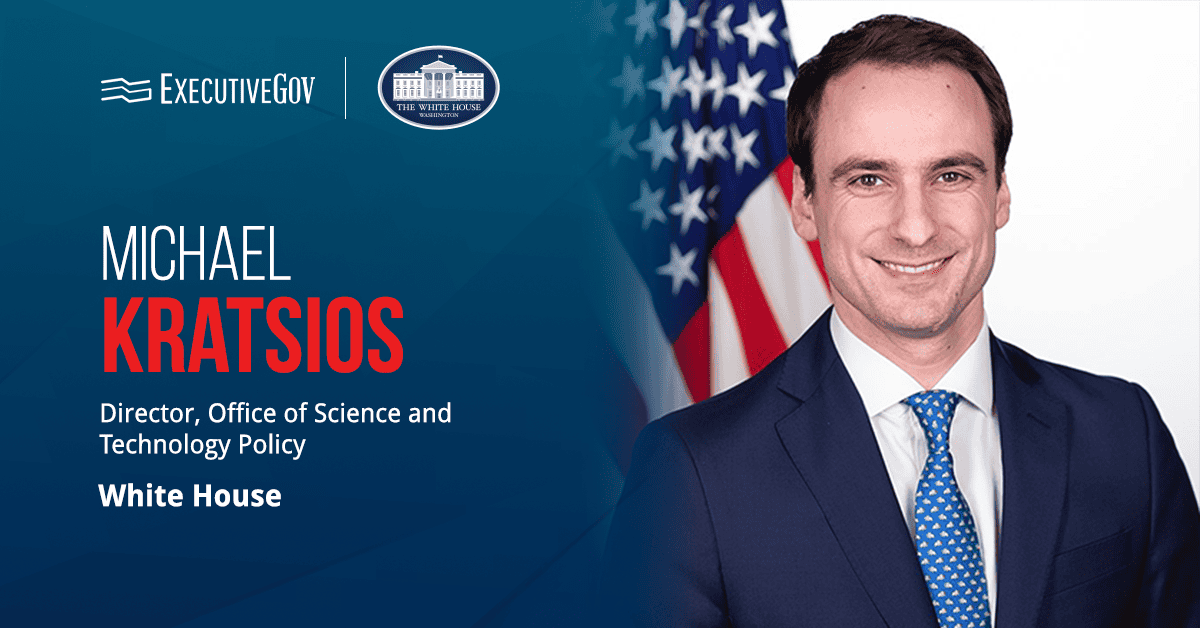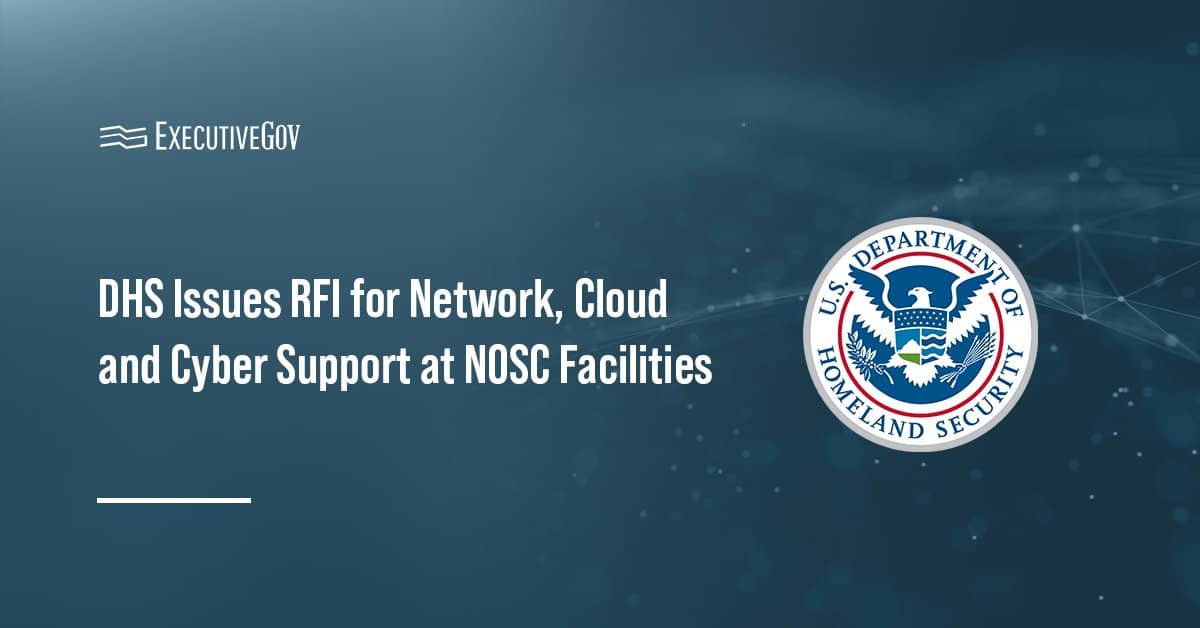
Michael Griffin, the Defense Department‘s undersecretary for research and engineering, recently instructed the Defense Science Board to convene a task force that would evaluate the current and long-term abilities of U.S. forces to counter the threat posed by physical as well as digital autonomous systems.
The task force must investigate potential counter-autonomy solutions across all combat domains and address a variety of issues such as understanding the full spectrum of autonomous threats, identifying and filling the gaps in U.S. counter-autonomy capabilities, and determining appropriate acquisition, testing and training methodologies for counter-autonomy solutions, Griffin, a 2018 Wash100 awardee, said in a memo that he issued on June 18.
Griffin expects the study to take from nine to 12 months to complete and a final report to be published no more than three months thereafter.





